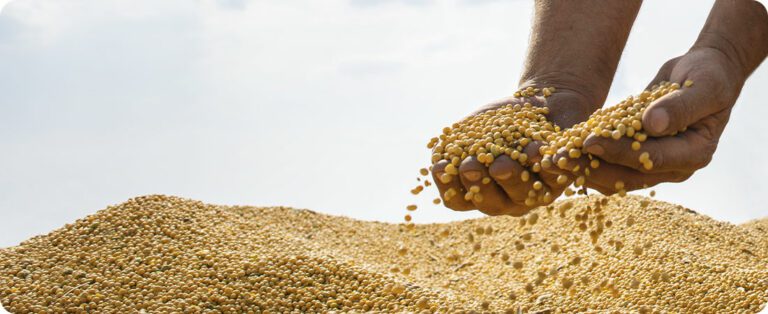Launched last year, the transgenic soybean cultivar BRS 7380RR is Embrapa Cerrado's suggestion to serve producers in Goiás, Distrito Federal, West of Bahia, Northwest of Minas Gerais and Mato Grosso. The seed offers resistance to cyst nematodes (races 3, 4, 6, 9, 10 and 14) and root-knot nematodes (Meloydogine incognita and M. javanica). Developed in partnership with the Cerrado Foundation, the new material has an early cycle (105 to 110 days) and is resistant to the herbicide glyphosate.
BRS 7380RR soybeans also have a low reproduction factor for the nematode Pratylenchus spp., in addition to being fully adapted to the Cerrado Biome. Due to these characteristics of multiple resistance to nematodes and its early cycle, the cultivar is recommended for places where there will be a succession of crops with corn and sorghum, for regions whose soils have a history of problems with this disease, increasing agricultural sustainability.
“It is a cultivar with indeterminate growth, which grows well and thrives in the agroclimatic conditions of the Cerrado biome. This is important because in the Cerrado the climate is unstable, and sometimes the stand is left with few plants. This cultivar has the ability to grow and occupy spaces, compensating for the low stand with productivity”, explains the responsible researcher Sebastião Pedro.
According to Embrapa, other strengths of the BRS 7380RR are its stability and high productivity. “When choosing a variety, what draws the producer’s attention most is the production ceiling. It is a material that provides great advantages to the producer, and is yet another technology that brings economic, social and environmental sustainability to the system”, added the researcher.
Source: Agrolink












